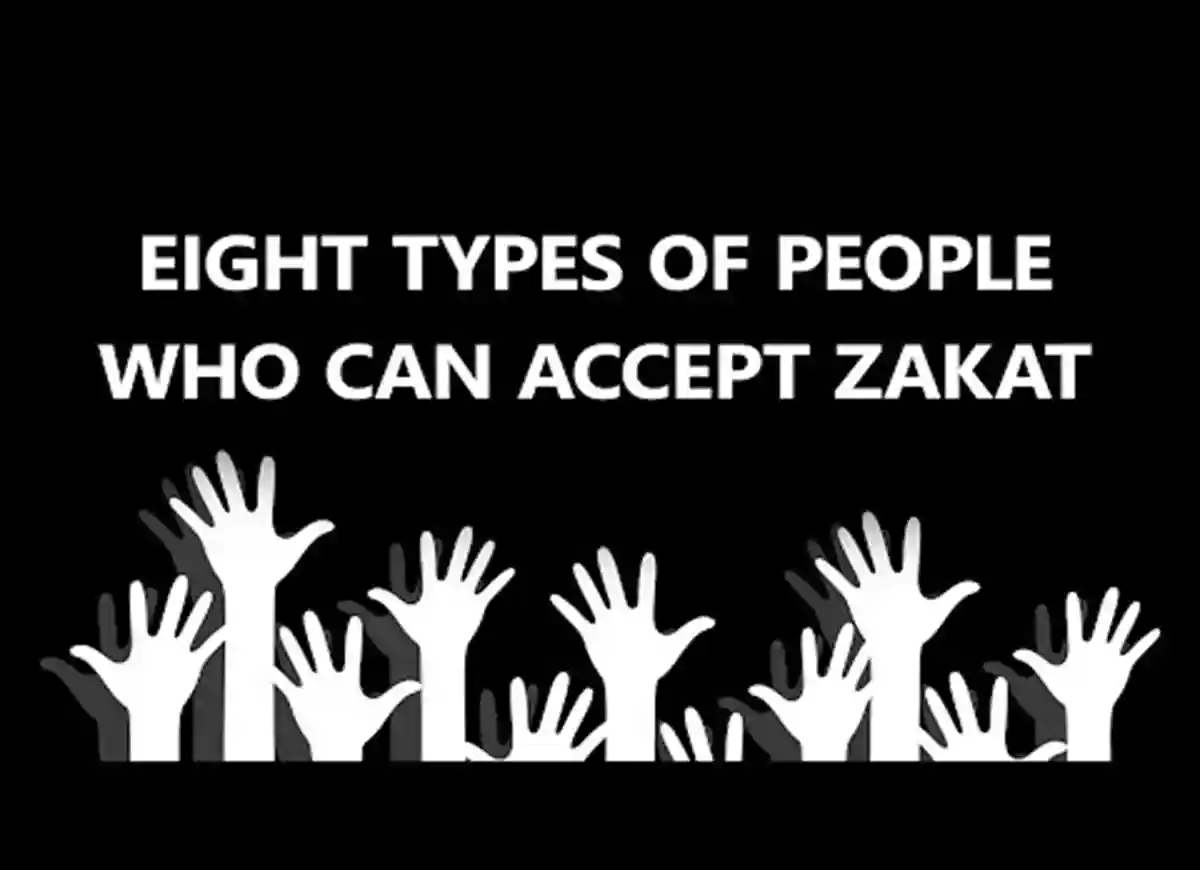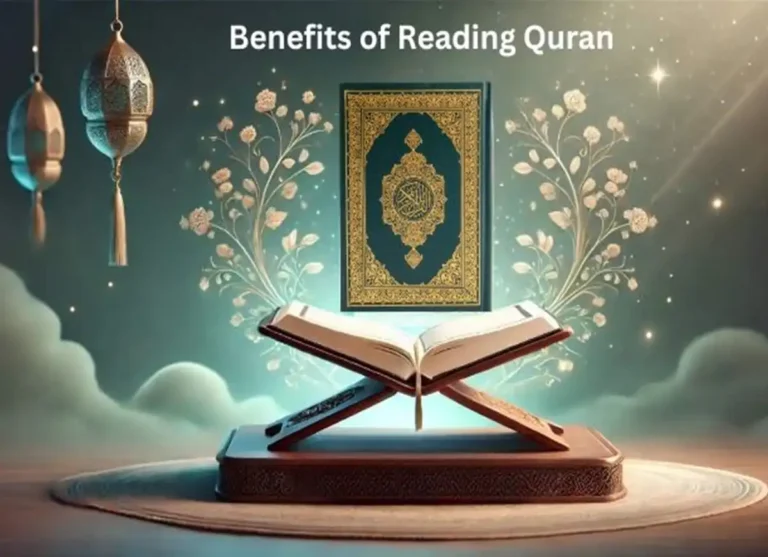Zakat Recipients – Zakat is a mandatory form of almsgiving in Islam, considered one of the Five Pillars of the faith. It’s seen as a religious obligation and a form of worship, ranking next to prayer in importance according to the Quran.
Contents
- The weak,
- people with low incomes,
- Those who are responsible for it,
- The ones whose hearts need to be wooed,
- To free human beings from bonds.
- and (for) those burdened by debts,
- And for every effort] God’s name,
- and for Wayfarer.
The majority of the world’s religions have some almsgiving. However, Zakat is of particular value for Muslims. It is a requirement for all Muslims who are financially capable to contribute a minimum of 2.5 percent of their wealth to those in need. The word Zakat refers to purification or growth.
Based on a study by Global Humanitarian Assistance: Indonesia, Malaysia, Qatar, Saudi Ara,bia, and Yemen, which amount to about 17 percent of the estimated Muslim population, it is estimated that in these five countries, alone at a minimum of US$5.7 billion is paid out through Zakat every year.
There is a consensus that the total amount of Zakis collected yearly through official channels is, at the very minimum, at the level of thousands of trillions. If we consider Zakat, paid via non-formal channels, the actual amount could be as high as several hundred billion (i).
Let’s examine the Quranic verse which regulates Zakat. Sura Tawba (6) In Aya 60 determines the different categories of those who receive Zakat.
“The offerings made to God for the benefit of God are only intended to be used.
- the less fortunate and
- People with low incomes and
- the people who are in charge of it,
- or those whose hearts desire to be won,
- and to liberate humans from bonds,
- or for individuals burdened by debt,
- in each fight for God’s cause and
- the Wayfarer]:
This is an order from God. This is an ordinance from God. God is all-knowing and wise. “
The weak,
The definition of poverty will differ from location to place and also on the size of the family—around 767 million people worldwide live with an income of less than $1.90 per day. In the US, the poverty level for an individual is $12,150. For a household of four, it’s $25,100.
The less fortunate,
The term “needy” refers to someone who has problems getting their essential needs properly. Basic needs include clothing, food, a place to stay, and medical care if they are needed. This could also include transportation if the person requires it to work. They might be earning more than the poverty level but unable to pay for their medication, food, transportation, or even clothing.
In charge of this,
It also includes people who manage Zakat funds in masjid or other institutions. If an Imam has been involved in collecting Zakat money, he could be eligible to receive funds for the proceeds of this collection.
The ones whose hearts need to be won over
This includes everyone who has not had the opportunity to learn about Islam or may be ambivalent about Islam or Muslims. In this category are people and groups that are involved in public relations efforts to promote Islam, Muslim groups engaged in interfaith or inter-communal projects, Muslim media that is predominantly focused on the promotion of Islam, as well as universities and institutions that teach Islam to non-Muslims.
Human beings should be freed from bonds,
There are more than 40 million that are in slavery in the world in the present. There are 42 million women, girls, or transgender people who are required by law to offer their bodies for sale to other people due to a lack of way to make a living. In addition, there are approximately one million families who, because of the poverty of their lives, must sell off their children’s bodies for other people.
and [for] those burdened with loans,
The most burdened by debts are people above the poverty line, and their basic needs might be taken care of, but they are weighed down by debt, so they cannot promptly fulfill household duties.
For every struggle in God’s name,
This includes people on the streets spreading the gospel of God and standing up for justice, equality, and against oppression.
And [for] the Wayfarer.
Travelers who have no means, or individuals, such as refugees or homeless.
The distribution of the money is not restricted just to Muslims. It’s not limited to non-relatives, as relatives and family members in this scenario could be recipients.
What is the best way to distribute Zakat?
It is possible to perform it yourself or through organizations and Masajid experts in this field.
The ideal situation is establishing a central entity in each city or state to collect the zakat money transparently. The collection organizations and individuals must educate the community on centralizing the funds and distribute the funds to beneficiaries in every category after consultation with trustworthy people in the community.
The most important thing to remember is that if Zakat is distributed by agencies, masjids,s, and institutions o, the community should be aware of its distribution. Also, it is essential to have complete openness in zakat collection and distribution.
Categories: PRAYER (Salat), ALMS (Zakat), SAWN (Fasting) HAJJ (Pilgrimage) & DUA (Supplications), Hadith and Tafseer, The Holy Quran, Quran Jaz 1- 114
Topics: Ushr and Zakat, Hijab, Arabic Corner, Faith, Islamic History, Biography, Sirat ul Nabi PBUH, Islamic Studies, Halal & Haram
ZAKAT:
- Zakah | Zakat al Mal | Zakat – Learn Islam
- Zakat ul Fitr | Muslim Charity – Learn Islam
- Beneficiaries of Zakat | Islamic Relief Worldwide
- Importance and The Significance of Zakat in Islam
- Zakat Facts | Importance of Zakat | Benefits of Zakat
- Zakat al Fitr: The Obligatory Eid Gift to Be Made Before The End of Ramadan








